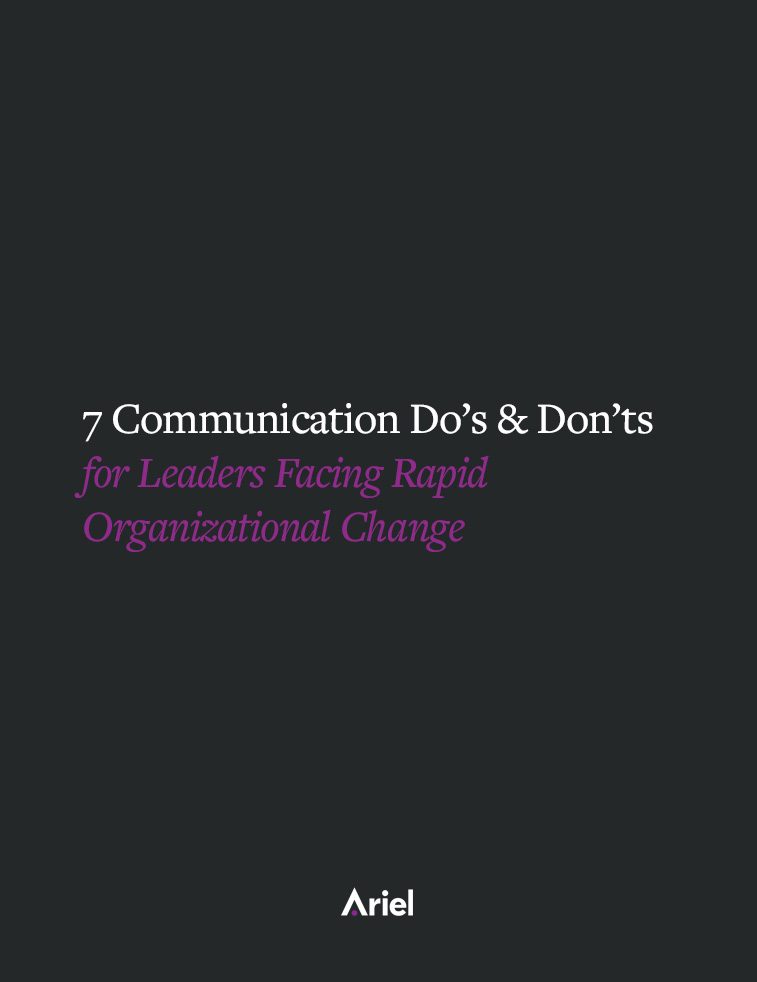Influence—Not Force—Will Win You Sales

With careful listening, thoughtful questions, and strategically presented information, good salespeople help clients move toward decisions of their own.
Everyone’s had a bad experience with a salesperson. Whether we searched for a new phone plan, considered a moving company, or looked into applying to a college, it stung to have our questions dodged and concerns ignored. You know your prospects remember those moments—and any hint of a repeat will drive them away.
How can you make sure you never come off that way?
Bad salespeople are often called “pushy.” They seem to tug and shove at others, forcefully steering them toward a desired result. When hearing others’ issues, they listen only for the moment they can drop in their own advice.
The good ones, however, don’t do the pushing themselves. With careful listening, thoughtful questions, and strategically presented information, they help clients move toward decisions of their own. If their products meet the prospects’ standards and needs, they’ll likely get a purchase. If not, they’ve at least built a connection.
When you’re influential, you often manage to achieve the effect you want. And it helps that you don’t come off as someone straining to get their own way.
To exert influence, rather than pushing, follow these steps
1. Listen for the context
Before you offer a suggestion, figure out the answers to these questions:
- How do your prospects or clients feel about their problem?
- What do they value in a solution?
- For that matter, what values would they like to see from the company they’ll work with?
- You may be hearing about something they need to fix, but what don’t your prospects need? What are their existing strengths?
2. Acknowledge what you’re hearing
Summarize the business issues that your potential buyer has shared. This confirms you’ve been paying attention—and helps you remember what you heard. Even more valuably, it gives you the chance to check you’ve understood. Your client can add a detail you might have missed, or correct something you got wrong.
3. Build connections through personal openness
When your prospects and clients tell you about themselves, write it down! You can bring it up again at the end of the meeting or the beginning of the next one. This can be as important for relationship-building as keeping track of their business needs.
Most people like the chance to talk about themselves, but make some room to talk about yourself, too. When you bring up what’s going on in your own life, you give listeners the chance to see you as well-rounded. They may notice what they have in common with you.
If you sense your audience will be open to it, share appropriate humor through true stories or offbeat connections.
4. Communicate your unique value
Once you’ve figured out how you can help your prospects, find a quick way to explain your core competency. Make its value for them as clear to them as it is to you. A metaphor, especially one that nods to the prospect’s own industry or interests, can help make your points easy to understand.
5. Prove you’re worth trusting
Share your plans and answer every question, not just the easy ones. If you can truly meet the client’s needs, your explanations will make sense. To become even more of a trusted partner, show how you’re advocating for your client within your own company.
Potential buyers understand that your aim is to sell—not to offer pro bono advice. After you’ve learned their needs, you’ll likely advise them to make a purchase. But there’s a big difference between doing your job the pushy way, pouncing on the first opportunity you find, and doing it with respect and patience.
That’s not a shove. It’s influence.
